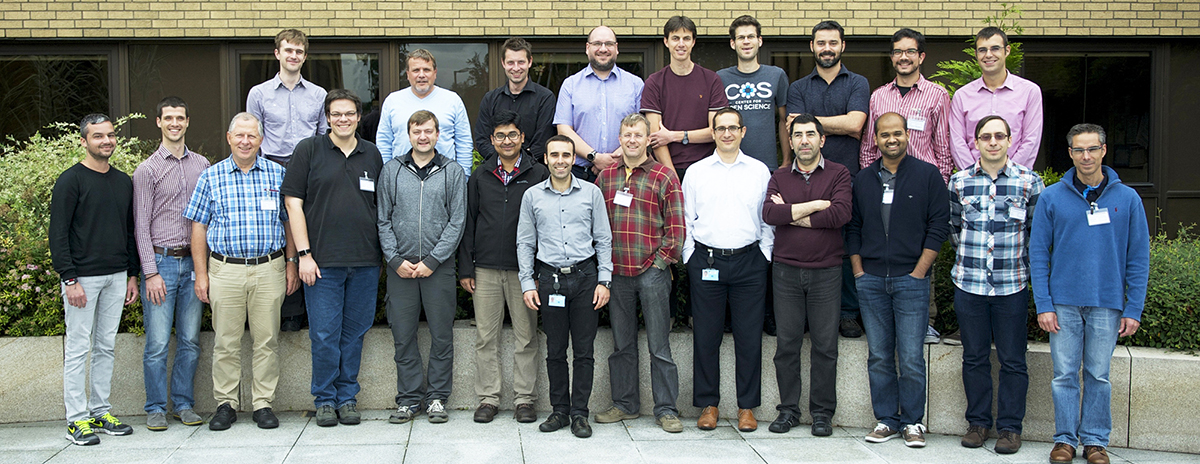 ECMWF hosted a Performance Analysis Workshop organised as part of the NEXTGenIO supercomputing project on 19 and 20 September 2016. Developers from Allinea and Technische Universität Dresden (TUD) reviewed fundamental concepts of software performance analysis and presented their tools and the latest features developed within the project. Real-life applications were used to demonstrate multiple techniques for finding and resolving performance issues.
ECMWF hosted a Performance Analysis Workshop organised as part of the NEXTGenIO supercomputing project on 19 and 20 September 2016. Developers from Allinea and Technische Universität Dresden (TUD) reviewed fundamental concepts of software performance analysis and presented their tools and the latest features developed within the project. Real-life applications were used to demonstrate multiple techniques for finding and resolving performance issues.

The participants came from other project partner organisations, such as Intel, Fujitsu, the Edinburgh Supercomputing Centre (EPCC) and ECMWF.
The NEXTGenIO project is an EU-funded Horizon 2020 project, coordinated by EPCC, which will run until 2018 and will feed into ECMWF's Scalability Programme. It aims to develop innovative solutions to tackle the I/O bottlenecks that will become limiting as high-performance computing moves towards the exascale. The use of performance analysis tools, and the extension of these tools to provide better feedback about I/O behaviour, is a critical component of this process.
The participants were able to review the main concepts of performance analysis and best practice for code debugging and optimisation. Allinea began by presenting the main features of their debugger DDT and their profiling tool MAP. TUD followed up with presentations on their toolset, including Score-P, Vampir and Cube. A hands-on session followed in the afternoon, where all participants had an opportunity to apply these tools to realistic scenarios.
The second day of the workshop focused on how Allinea’s and TUD’s tools can be used for workload characterisation, and was more specifically focussed on the needs of the NEXTGenIO project. Both Allinea and TUD presented pre-release functionality that is under development as part of the project. This provided a valuable opportunity to discuss these novel features in person, and share ideas for addressing NEXTGenIO challenges.

